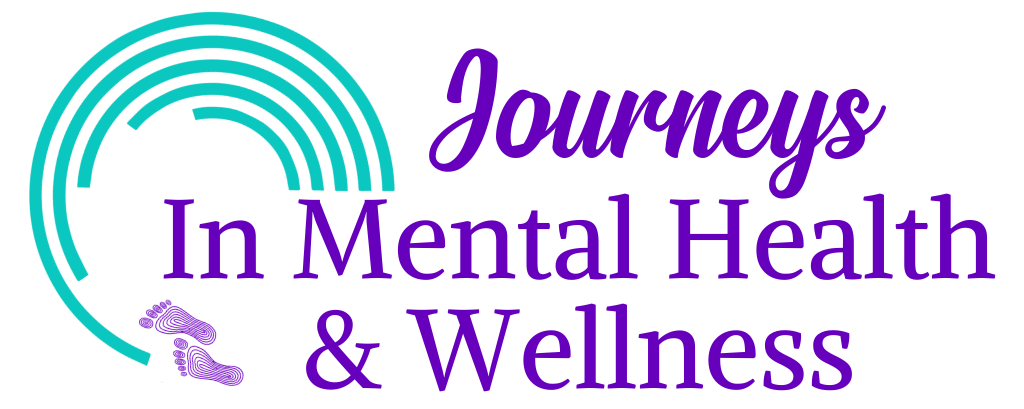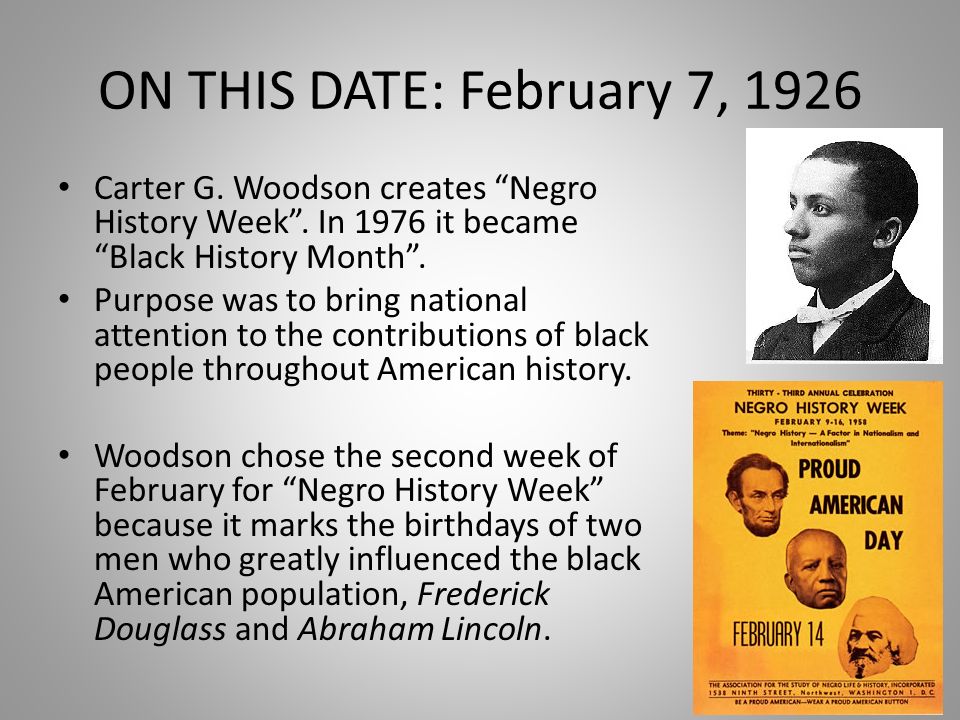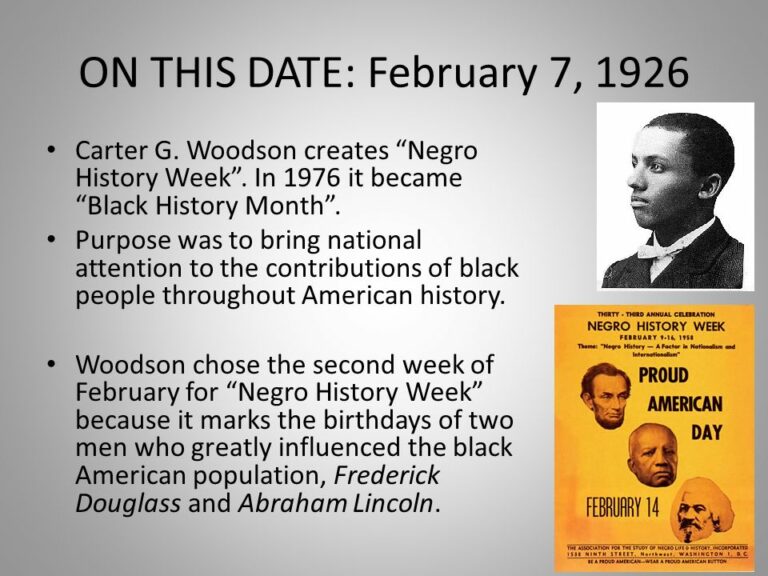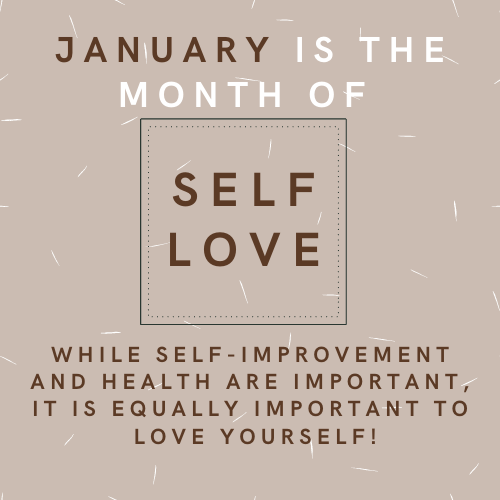Mindful Moments with Journeys
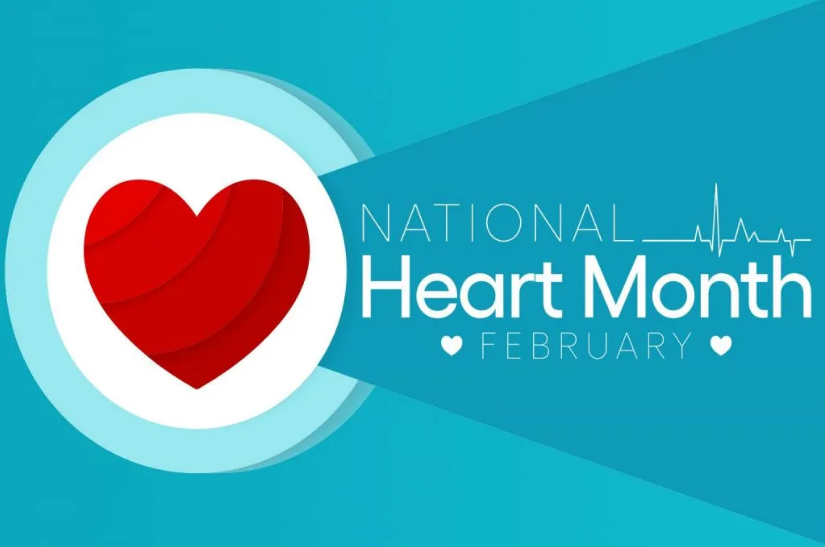
National Heart Month
Everyone probably knows someone who has had a heart attack.
This month is National Heart Health Month. Heart disease has been the leading cause of death very year since 1950. Every year, more than 800,000 people are treated for it. The leading risk factors are high blood pressure, high cholesterol, obesity, physical inactivity, and smoking. Genetics and family history are also significant factors. Diagnoses that can apply to cardiac rehab are bypass surgery, angioplasty /stent placement, stable angina, and heart valve problems.
The first Friday of American Heart Month, Feb. 5, is also National Wear Red Day as part of the AHA’s Go Red for Women initiative. Coast to coast, landmarks, news anchors and neighborhoods go red to raise awareness and support for the fight against heart disease. For more information on the event and other activities during the month, visit goredforwomen.org.
Nearly 18.6 million people across the globe died of cardiovascular disease in 2019, the latest year for which worldwide statistics are calculated. That’s a 17.1% increase over the past decade.
During the COVID-19 pandemic, many people have delayed or avoided going to hospitals for heart attacks and strokes – netting poorer outcomes and prompting the AHA to create “Don’t Die of Doubt,” a national awareness campaign that reminds people that hospitals are the safest place to go when you have symptoms.
During American Heart Month, the AHA and other organizations reinforce the importance of heart health, the need for more research and efforts to ensure that millions of people live longer and healthier.
In most cases, heart disease is preventable when people adopt a healthy lifestyle, which includes not smoking, maintaining a healthy weight, controlling blood sugar and cholesterol, treating high blood pressure, getting at least 150 minutes of moderate-intensity physical activity a week and getting regular checkups.
District Health Department is urging people that now is the time to act. Consider making one, or several, of the below lifestyle changes. Here’s how to start:
- Move more
- Get at least 2½ hours of physical activity each week—that’s just 30 minutes a day, 5 days a week.
- Can’t carve out a lot of time in your day? Don’t chuck your goal, chunk it! Try 5, 10, or 15 minutes a few times a day. Some physical activity is better than none.
- Eat healthy foods
- A healthy diet that is low in sodium and saturated fat is key to heart disease prevention.
- Such as eating vegetables, fruits, whole grains, vegetable oils, and fat-free or low-fat dairy products.
- Limiting foods sugar and other sweeteners.
- Aim for a healthy weight
- Being overweight is hard on your heart. It increases your risk of having heart disease, a stroke, high cholesterol, high blood pressure, and diabetes.
- Choosing heart-healthy foods and getting regular exercise will help you achieve and maintain a healthy weight.
- Quit smoking
- The chemicals in tobacco smoke harm your heart and blood vessels in many ways.
- Quitting is hard, but many people have succeeded, and you can too. Ask your family and friends for support in your effort
- Reduce stress and improve sleep
- Stress can contribute to high blood pressure and other heart risks.
- Not getting enough sleep or regularly getting poor quality sleep increases the risk of having high blood pressure, heart disease, and other medical conditions. Aim for 7–8 hours of sleep a night.
- Know your numbers
- Meet your heart health goals by keeping track of how much you exercise, your blood pressure, your cholesterol numbers—all of which can impact your heart health—and tell your doctor how you’re doing.
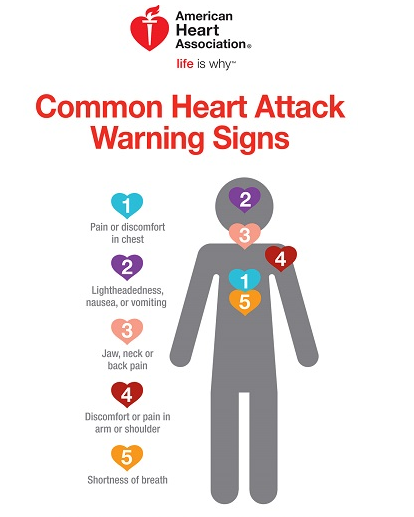
Did you know?
Heart disease is the leading cause of death for both men and women.
More than half of the deaths due to heart disease in 2009 were in men. About 610,000 Americans die from heart disease each year—that’s 1 in every 4 deaths.
Coronary heart disease is the most common type of heart disease, killing about 365,000 people in 2014.
In the United States, someone has a heart attack every 42 seconds. Each minute, someone in the United States dies from a heart disease related event. Heart disease is the leading cause of death for people of most racial/ethnic groups in the United States, including African Americans, Hispanics, and whites. For Asian Americans or Pacific Islanders and American Indians or Alaska Natives, heart disease is second only to cancer. Heart disease costs the United States about $207 billion each year, this total includes the cost of health care service.
Prevention is Key
Remember: heart disease and cardiovascular events are treatable and preventable
Source: American Heart Association
Financing Available!
WENDELL OFFICE
3134 Wendell Blvd
Wendell, NC 27591
Phone: (919) 374-7283
Fax: (919) 374-7285
Email: wendell@jmhw.org
WILSON OFFICE
2305 Wellington Dr SW Suite E
Wilson, NC 27893
Phone: (252) 306-7474
Fax: (252) 306-7475
Email: wilson@jmhw.org
Local Help Centers
Dorothy Mae Hall Women’s Center
(919) 371-8523
Helping Hand Mission
(919) 365-0757
East Wake Senior Center
(919) 365-4248
Policy Department
(919) 365-4444
Fire Department
(919) 365-3635
Local Food Pantries
Wendell United Methodist Church
129 N Main St Wendell, NC 27591
Calvary Faith Center – Community Day
4825 Rolesville Road Wendell, NC 27591
ZUMC Food Pantry
114 W Sycamore St Zebulon, NC 27597
